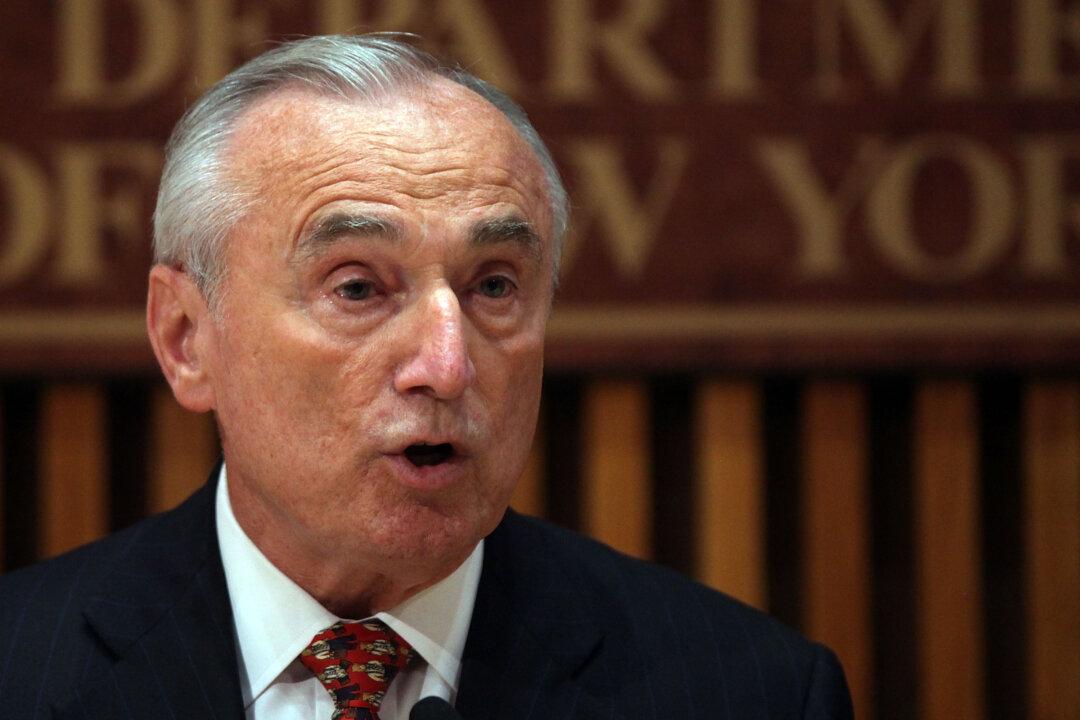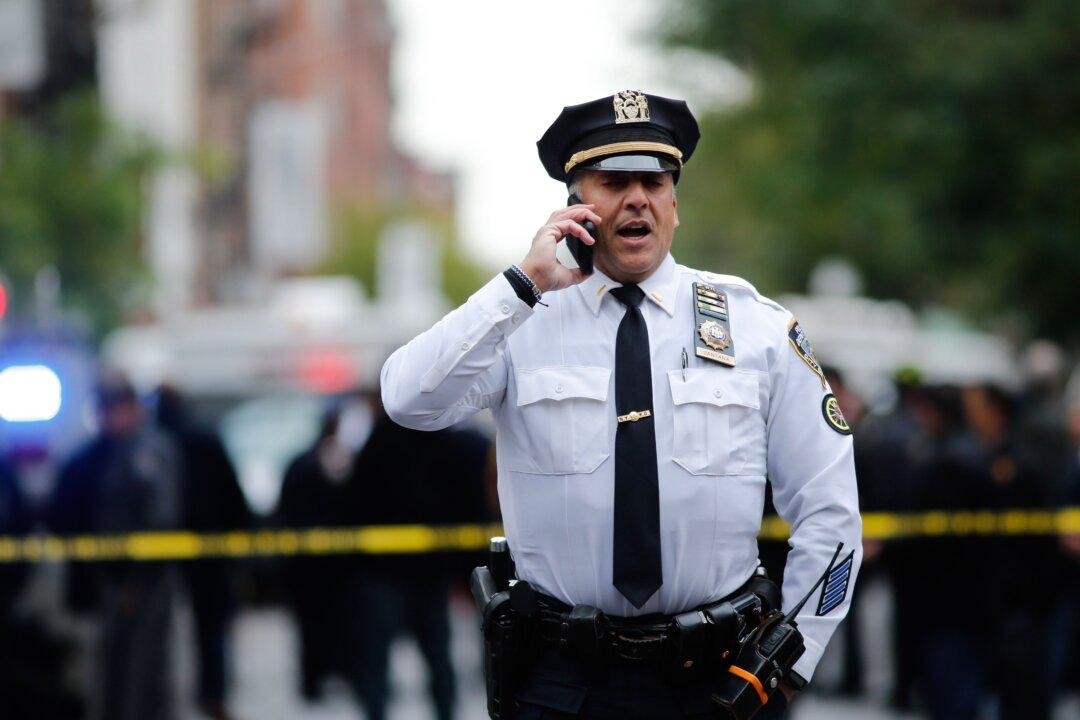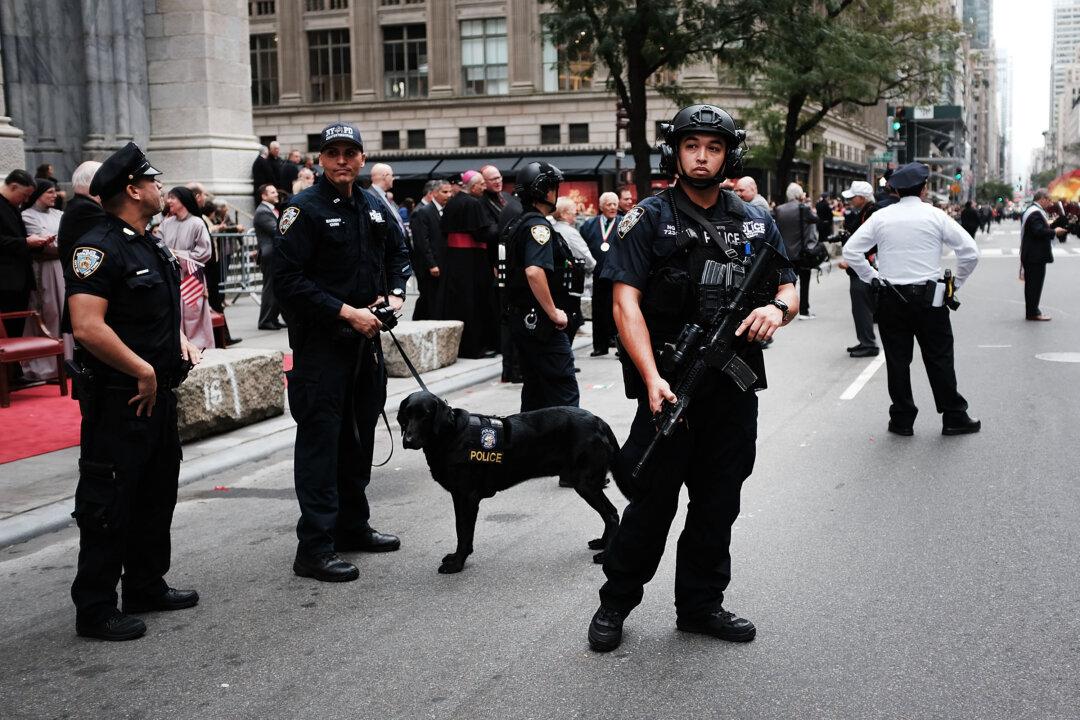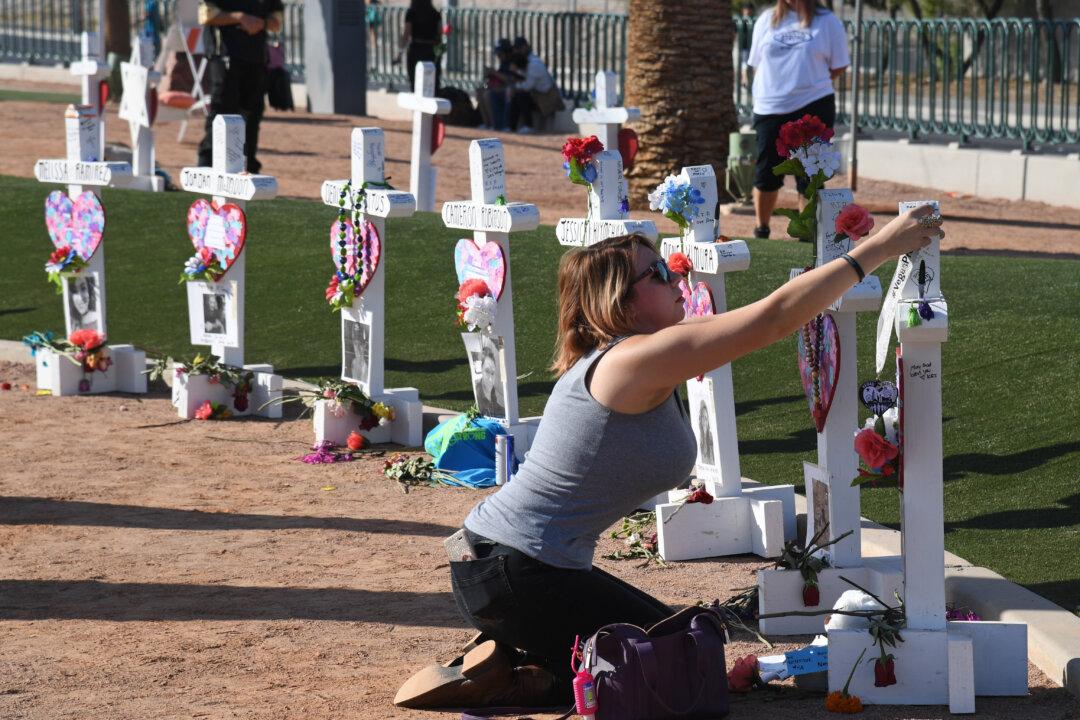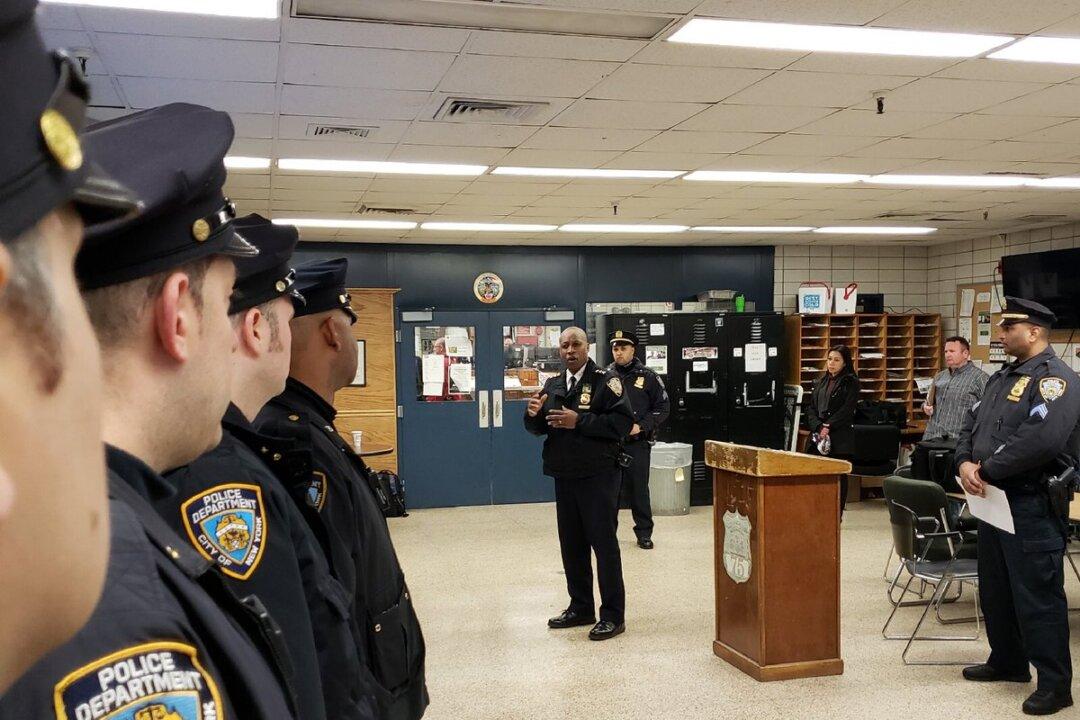Video technology is an inestimable resource when used ethically, responsibly, and legally to serve society.
This technology needs to be used in a way that has an unconditional respect for human dignity, civil rights, and moral principles of truthfulness, transparency, and accountability.
Specifically, video technology has a critical role to play in America’s need for improving police–community relations.
Video technology has a critical role to play in America's need for improving police–community relations.
